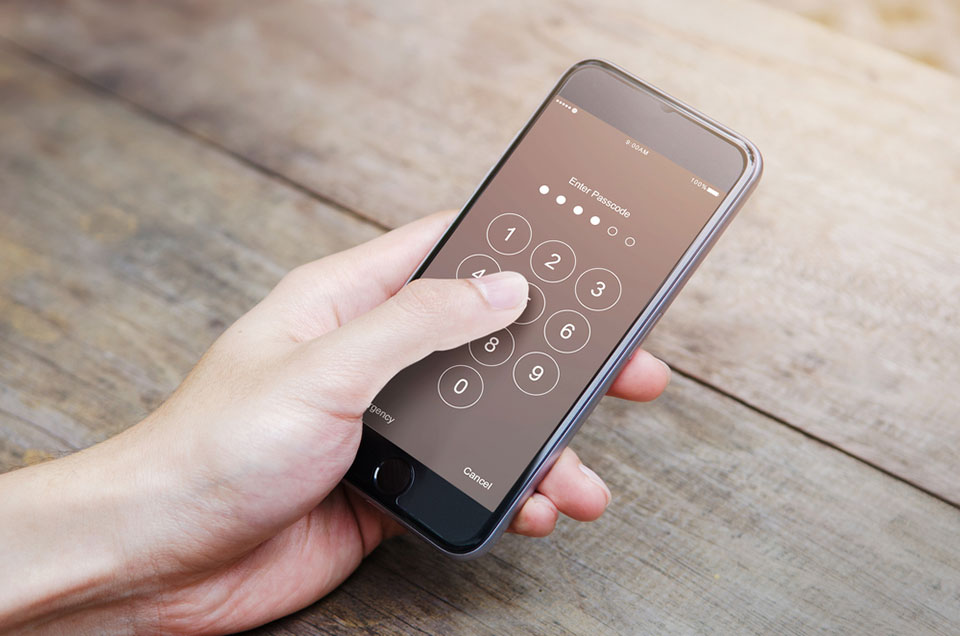Why the Convergence of Video Security and Access Control Is Becoming Mobile-Centric

Mobile phones are a part of everyday life. Far from just tools of communication, technology advances have ensured that mobile phones are essential to day-to-day activities. We’re dependent on our mobile phones, from contactless payments to remote security management.
Improved mobile technology enables better security systems. Traditionally, people needed physical cards to enter a building. However, managing video security and access control on your mobile phone ensures you can adapt your security to cope with the evolving threats of the modern world. Keys and fobs can be stolen or copied. Mobile-centric security is far safer and more convenient.
Is Mobile-Based Video and Access Control Effective Security?
Many enterprises worry that entrusting the cloud with their entire security system is a risky move. However, mobile-based video security and access control systems are actually safer than traditional security protocols. Rather than using key cards, people can use their phones. Security managers can remotely control access, ensuring tighter control.
Advanced security features on mobile phones mean that mobile-based access control and video security are very safe and reliable. Moreover, transitioning to mobile access control can actually improve your safety.
What Are the Benefits of Mobile Security?
Beyond greater security, mobile-based security systems are more cost-effective and convenient.
- Lower Costs
Storing security credentials on phones is actually more cost-effective than traditional systems. Because you and your team already own the phone, you don’t need to spend money on additional key cards or fobs. Moreover, people are far more likely to look after their phones than a key card. Therefore, you don’t need to replace credentials as often. Mobile-based security is more expensive upfront. Yet, you’ll make significant cost savings over time with less wear and tear. - Improved Security
As mentioned, mobile-based access control and video security offer improved safety for your business. Key card systems lack the features you’ll find on mobile devices, such as secure passwords and multi-factor authentication. You can instantly add and remove visitors or new hires to your system, ensuring smooth onboarding and immediately removing access for unwanted guests. Additionally, you can integrate physical and business cybersecurity by moving security to the cloud. Although, because mobile devices rely on wifi, Bluetooth, and cell signals, they are slightly vulnerable. You can ensure optimum safety by educating everyone on cybersecurity best practices. - Convenience
Mobile phones are one of the most convenient technological advances. Remembering to bring key cards and ID badges is a hassle. Most people will forget their security passes at least once. Very few will forget their mobile phones. Using one device as security for all doors, gates, and elevators is highly convenient. Users just need to wave their phones or open an app to gain access to different areas. Each person’s mobile credentials will have their access level built-in. Additionally, it’s much more simple and straightforward to monitor and manage your building security wherever you are, at any time. - Remote Management
Complicated security systems are a nightmare. Moving your security onto the cloud enables you to make changes and monitor your security without going onsite. It helps relieve the burden on IT and security teams, saving money and reducing time wasted. You can change and manage your system at the touch of a button. There’s no need to reprogram cards or swap physical access controls. Openpath’s video intercom converges video security and access control to create a more convenient, secure system. The door intercom system can also use external video cameras to communicate with your access control system to automate your building’s security. - Versatility and Adaptability
Transferring to a mobile-based security system enables you to automate software updates. With mobile devices receiving regular updates, you’ll provide better protection to your security system. Moreover, traditional commercial security and door locks require updating of hardware physically. Every time there is a security threat, you need to collect and update everyone’s key cards. However, you can update the cloud-based software without interruption with mobile credentials. It’s quick, easy, and ensures everyone uses the most up-to-date security. Mobile-based access control systems also support unlimited users, doors, and locations. You might need to pay for a more extensive plan, but you can quickly scale your security system as and when you need to. Therefore, it’s a good choice for businesses of all sizes, especially those needing varying access levels for thousands of employees in multiple venues.
Mobile-based access control and video security are highly convenient. Despite higher upfront costs, mobile-based protection is more cost-effective in the long term. With remote access, straightforward updates, and unlimited users, mobile-based systems will transform your company’s security network, ensuring you constantly have optimized protection.
Have you read?
# Watch Out for Interpersonal Blind Spots: What Relationally Intelligent CEOs and their Employees Need and What They Must Avoid by Dr. Adam C. Bandelli.
# Daydreaming- How To Reinvent Your Business Through Imagination by Mitche Graf.
# AI and Robots Are Coming – To Drive Human Spirit by William E. Halal.
# Business Leaders Must Evolve Beyond ‘Ethics’ to Politics by Dr. Joe Zammit-Lucia.
Add CEOWORLD magazine to your Google News feed.
Follow CEOWORLD magazine headlines on: Google News, LinkedIn, Twitter, and Facebook.
Copyright 2024 The CEOWORLD magazine. All rights reserved. This material (and any extract from it) must not be copied, redistributed or placed on any website, without CEOWORLD magazine' prior written consent. For media queries, please contact: info@ceoworld.biz









